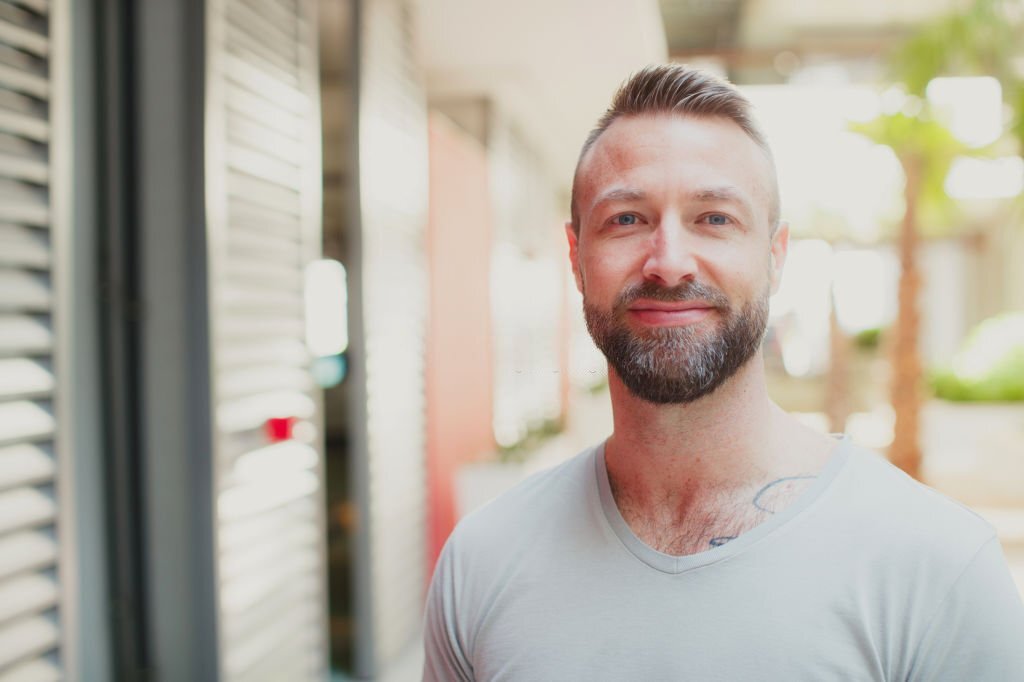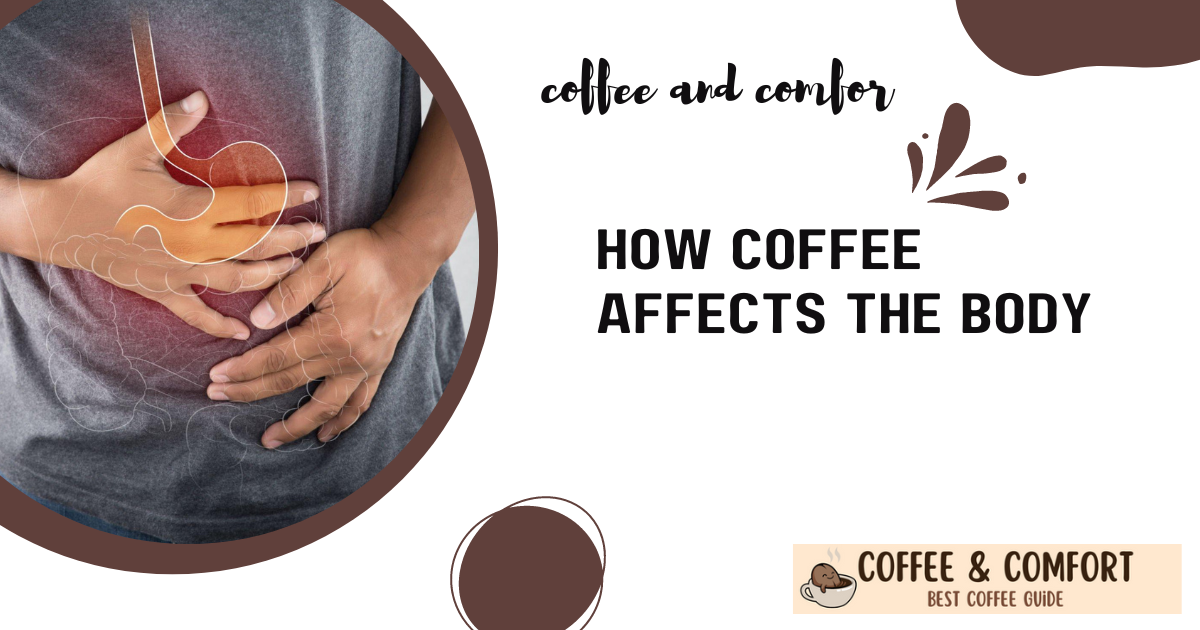Curious about how coffee affects your body? Learn about the short-term and long-term effects of caffeine on your body, from energy boosts to potential health risks.
Coffee is a beloved beverage for many, but do you know how it affects your body? From the moment you take that first sip, your body is already beginning to feel the effects of the caffeine.
Let’s explore how coffee affects the body and why it’s so popular.
Physiological Effects of Coffee
Coffee consumption is associated with several physiological effects. Caffeine, the primary psychoactive compound in coffee, is a stimulant that increases alertness and energy. It also increases heart rate, blood pressure, and respiration rate.
Coffee consumption has also been linked to improved physical performance, especially during exercise.
Cognitive Benefits of Coffee
Coffee consumption has been linked to improved cognitive function, including improved memory and reaction time. Caffeine may also help to improve focus and concentration.
Studies have also found that coffee consumption may reduce the risk of developing Alzheimer’s disease and other forms of dementia.
Potential Health Risks of Coffee
Although coffee consumption is generally considered safe, there are some potential health risks associated with excessive intake. These include increased risk of heart disease, anxiety and insomnia, dehydration, and digestive problems.
In addition, caffeine can be addictive and can cause withdrawal symptoms when discontinued abruptly.

Impact of Coffee on Sleep
Caffeine is a stimulant and can disrupt sleep, particularly when consumed late in the day. Caffeine consumed in the evening can take several hours to metabolize, which can delay the onset of sleep.
It can also reduce the quality of sleep and cause disrupted sleep throughout the night.
Coffee’s Effect on Metabolism
Coffee consumption has been linked to improved metabolic health. Caffeine may boost metabolism and burn more calories. It may also aid in fat oxidation and increase the breakdown of fatty acids.
In addition, coffee consumption has been linked to a reduced risk of type 2 diabetes.

Frequently Asked Questions (FAQ)
Q1: Does coffee have any health benefits?
A1: Yes, coffee can have some health benefits. Studies have shown that coffee can help reduce the risk of certain diseases, such as type 2 diabetes, Parkinson’s disease, and liver cancer.
Q2: Does coffee make you more alert?
A2: Yes, coffee can make you more alert and improve your concentration. Caffeine, the main active ingredient in coffee, is a stimulant that can help you stay awake and alert.
Q3: Does coffee dehydrate you?
A3: No, coffee does not dehydrate you. In fact, it can actually help you stay hydrated. Coffee contains water, and drinking it can help you meet your daily fluid needs.
Q4: Does coffee increase your blood pressure?
A4: Yes, coffee can increase your blood pressure. Caffeine can cause your blood vessels to constrict, which can lead to an increase in blood pressure.
Q5: Does coffee increase your risk of heart disease?
A5: Studies have shown that drinking coffee in moderation can actually reduce your risk of heart disease.
However, drinking too much coffee can increase your risk.
Final Word
Coffee has been proven to have both positive and negative effects on the body. It can provide a boost of energy and alertness, but it can also lead to increased anxiety and restlessness.
Ultimately, it is important to be mindful of how much coffee you consume and to be aware of how it affects your body.

My name is Michael Jones, and I’m a coffee enthusiast and expert based in the US. I run my own coffee shop, and I’m passionate about everything related to coffee. On my website, Coffee and Comfort, I share my knowledge and tips to help you elevate your coffee experience. Whether you’re a beginner brewer or a seasoned barista, I have something for everyone. I’ll teach you how to choose the right coffee beans, grind them perfectly, and brew a delicious cup of coffee at home. I’ll also share tips on how to make different coffee drinks, like lattes, cappuccinos, and espressos. But more than just teaching you about coffee, I want to help you create a coffee lifestyle that you love. Coffee is more than just a beverage; it’s a way to connect with people and enjoy the simple things in life.
